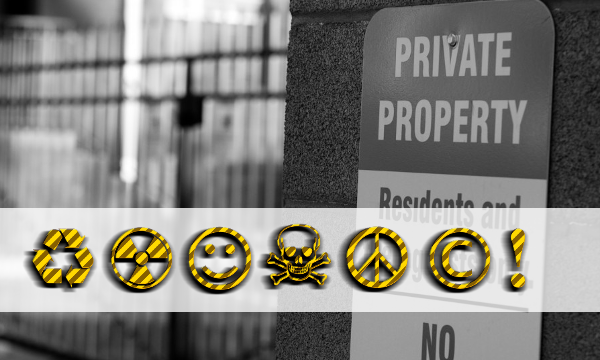operations/puppet uses a few different licenses that are explicitly stated in parts (e.g. different modules). However, that does not seem to be a default license in the root that applies unless otherwise stated.
So if code doesn't specify a license explicitly (which some code in the repo does not), no particular license clearly applies.
Version: wmf-deployment
Severity: normal
URL: https://gerrit.wikimedia.org/g/operations/puppet
